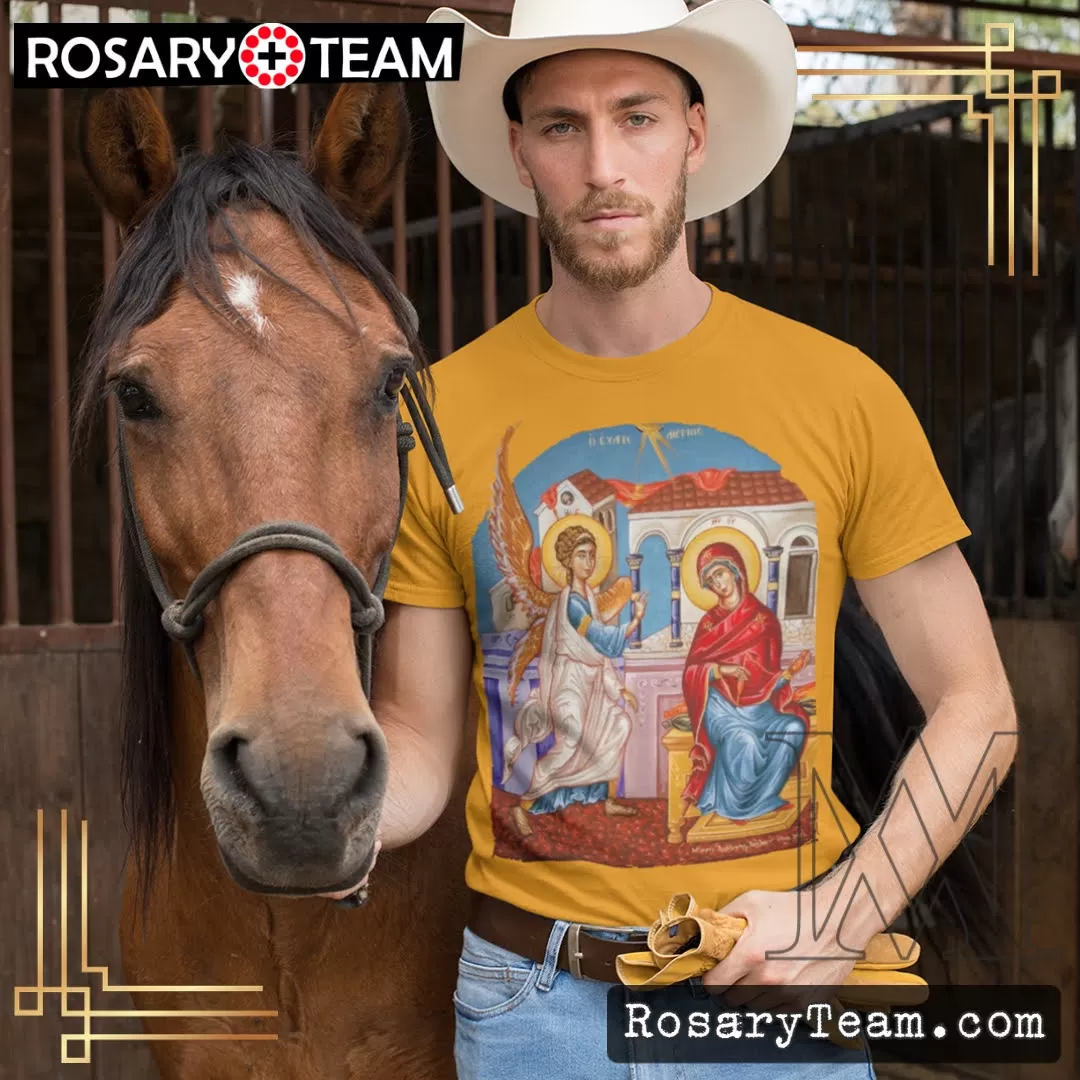Wednesday, September 21 : Saint Irenaeus of Lyons

The apostles, those who all as one and each in particular possessed the Good News of God, went to the ends of the earth proclaiming the news of all the blessings God sends us and announcing heaven’s peace towards men (Lk 2:14). Specifically, Matthew produced a written form of the gospel for the Hebrews in their own language, while Peter and Paul evangelised Rome and founded the Church there. After their deaths, Mark, who was Peter’s disciple and interpreter (1 Pt 5:13), also handed down Peter’s preaching to us in writing. Likewise Luke, Paul’s companion, set down in a book the gospel preached by the latter. And then John, the disciple of the Lord, the one who leaned back on his breast (Jn 13:25), also published the gospel during his stay at Ephesus. In his gospel Matthew relates the genealogy of Christ as man: “The book of the genealogy of Jesus Christ, the son of David, the son of Abraham: now this is how the birth of Christ came about” (Mt 1:1, 18). Thus this gospel presents Christ in human form, which is why it always represents Christ as being moved by sentiments of humility and remaining a man of gentleness … The apostle Matthew knows none but one and the same God who promised Abraham that he would multiply his descendants like the stars in the sky (Gen 15:5) and who, through his Son, Jesus Christ, has called us from the worship of stones to knowledge of him (Mt 3:9) in such a way that “those who were no people have become his people, and she who was unloved has become beloved” (cf. Hos 2:25; Rom 9:25).
Roman Catholic Ordinary Calendar – rosary,team
















